Great Info About How To Stop Bones Clicking
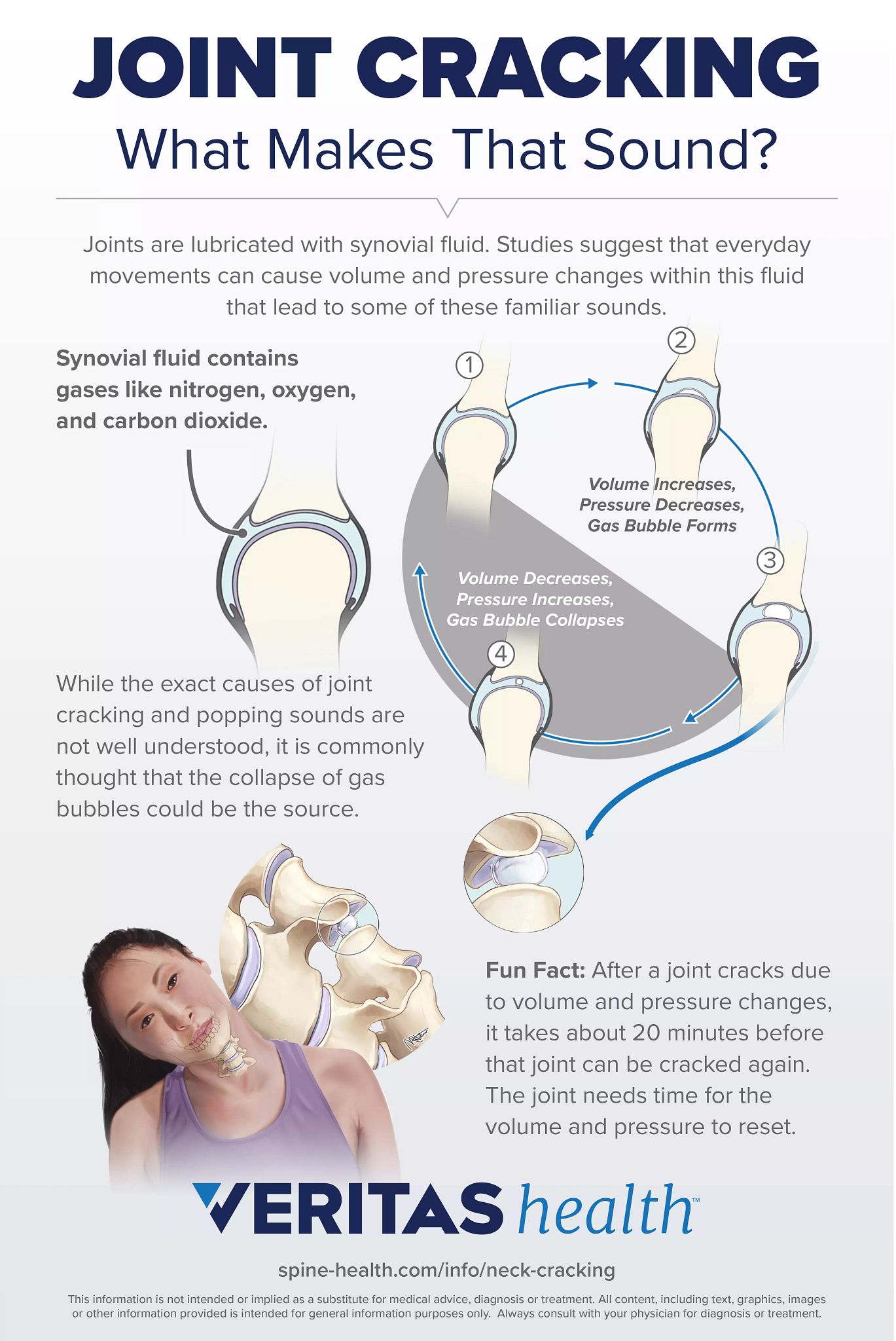
These grinding sounds and sensations.
How to stop bones clicking. Stearns explain that there are four reasons that. Jaw clicking is common and can be normal. Tendons connect muscle to bone while the more elastic ligaments connect.
Taking care of the nails and surrounding skin may help to discourage someone from picking. Nail care measures include keeping the. Crepitus is cracking, popping, and grinding sounds in your joints.
Jaw popping — or jaw clicking — is a common symptom of tmd. One of the best ways to prevent your joints from making noise or becoming damaged is to move daily. Regular exercise helps to keep your joints strong.
Why do joints crack in first place and how to make it stop. If your bone cracking is excessive and you want to stop, there are remedies to try. However, jaw clicking accompanied by pain or difficulty moving your jaw can be a symptom of a.
Tendons and ligaments are types of soft tissue that keep the knee joint together. Most of the time, it’s a temporary issue that goes away with treatment. To stop cracking your joints, it is best to take a preventive approach to prevent your joints from becoming stiff and the need to crack them.
Nail care to discourage picking. Complications and risk factors associated. Why your joints make noise | andrew bang, dc from an accredited us hospital dr.
A painless crack or pop is normal, says timothy gibson, md, orthopedic surgeon and medical director of the memorialcare joint. First, the good news: The two broken fragments of bone rubbing together is what makes the noise.
Is it bad or harmful? The best way to avoid clicking or popping in your joints is to stay active, according to dr. Still, you have options to stop the constant jaw clicking.
Physical therapy will also improve the strength of surrounding muscles to prevent another dislocation in the future. Let’s start by looking at the most common causes of shoulder clicking, popping, cracking and grinding and how to tell which is which.
You may hear and feel it when you move. In rare cases it can be caused by a fracture; The chief advice of orthopedists is to move more and get your synovial fluid.

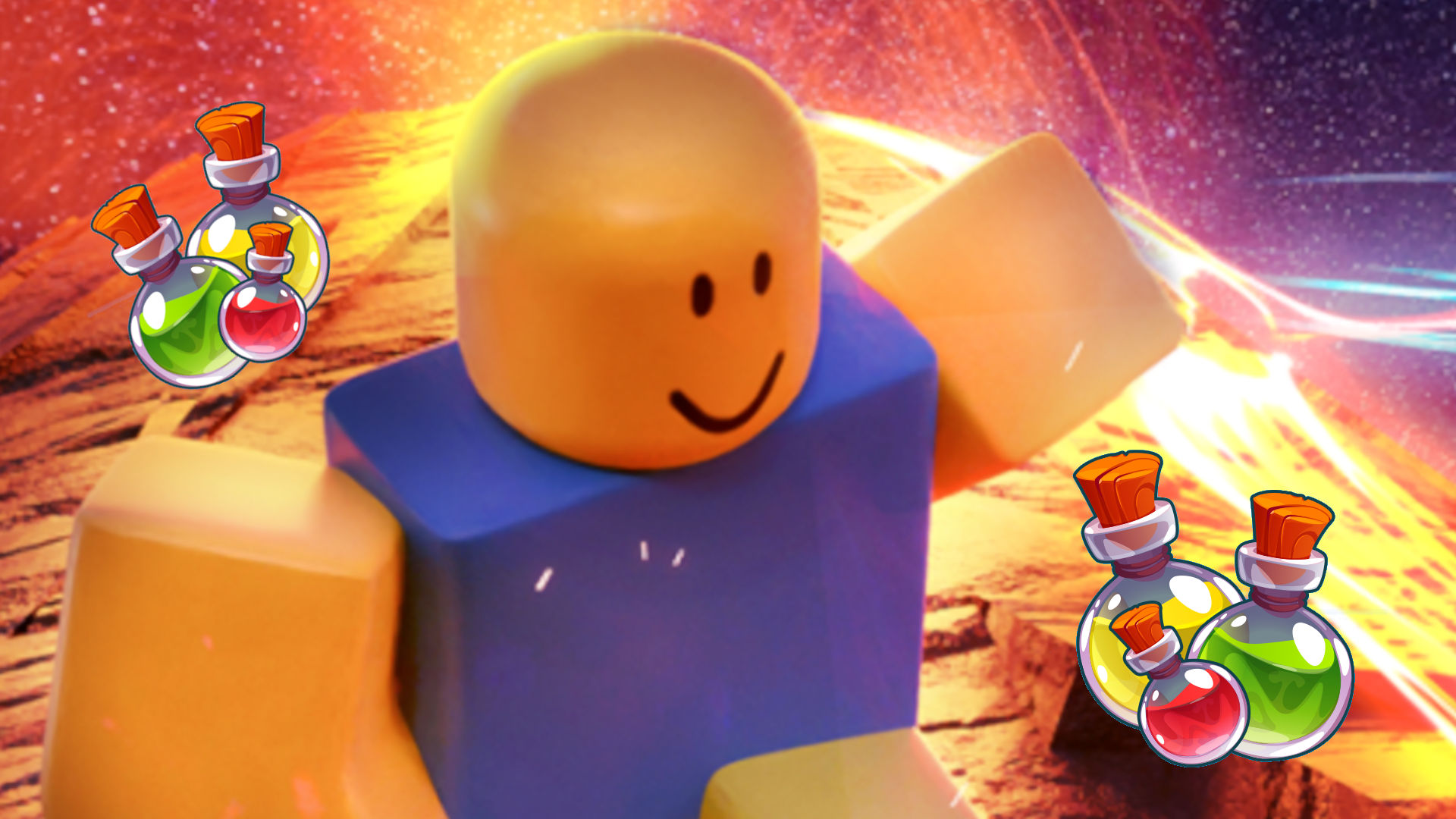

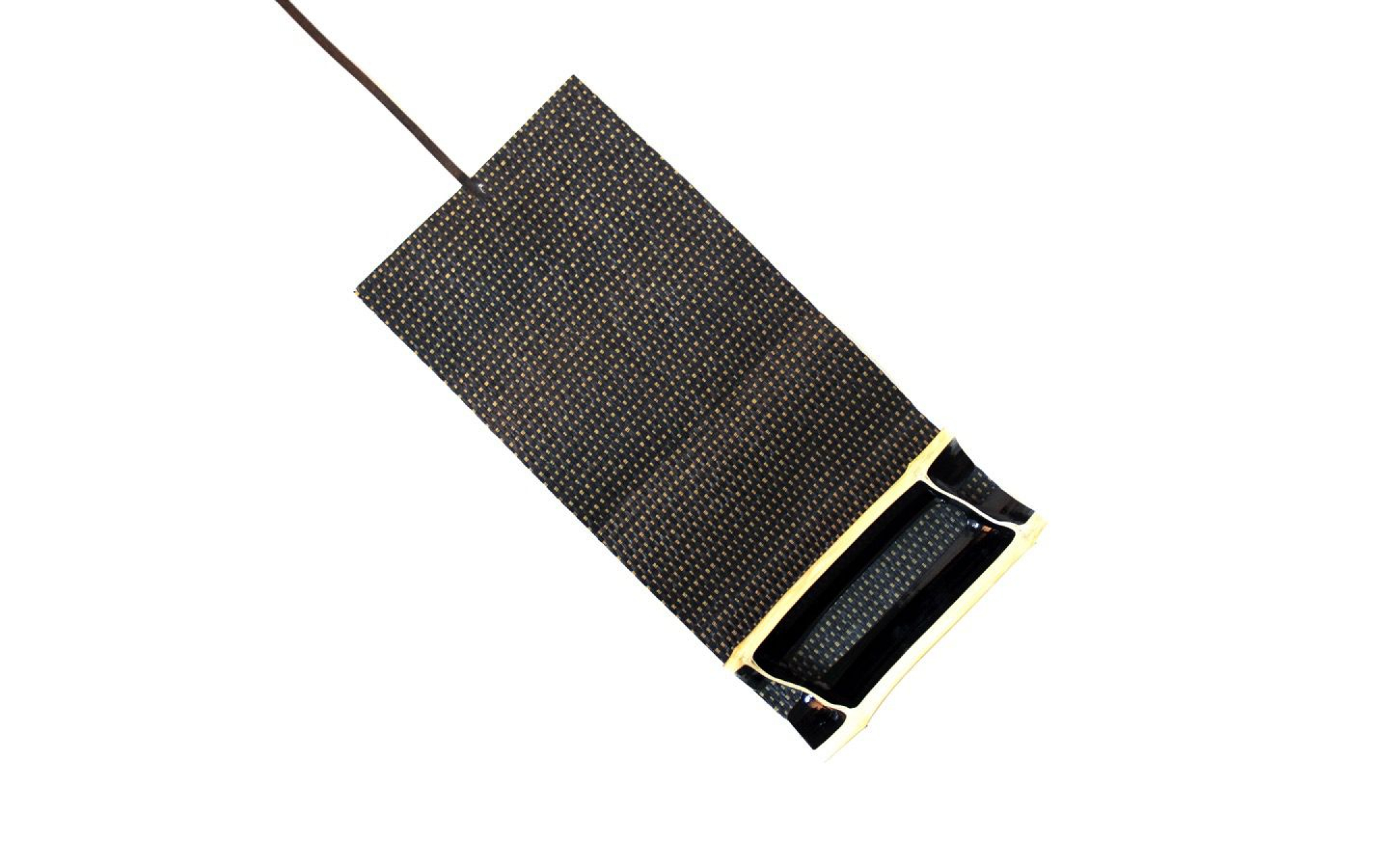



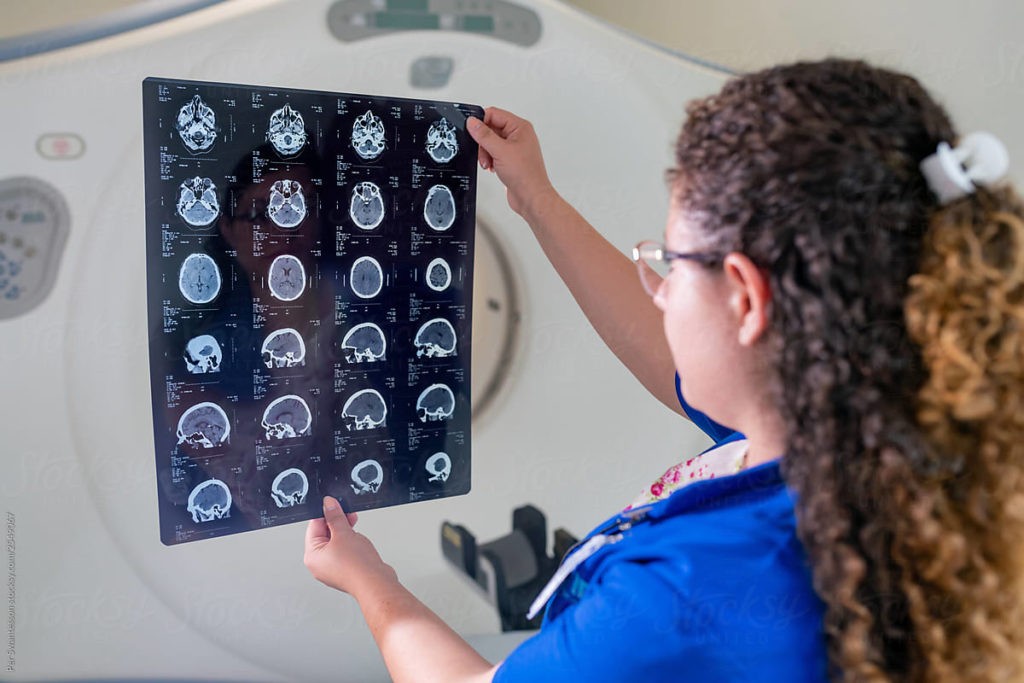

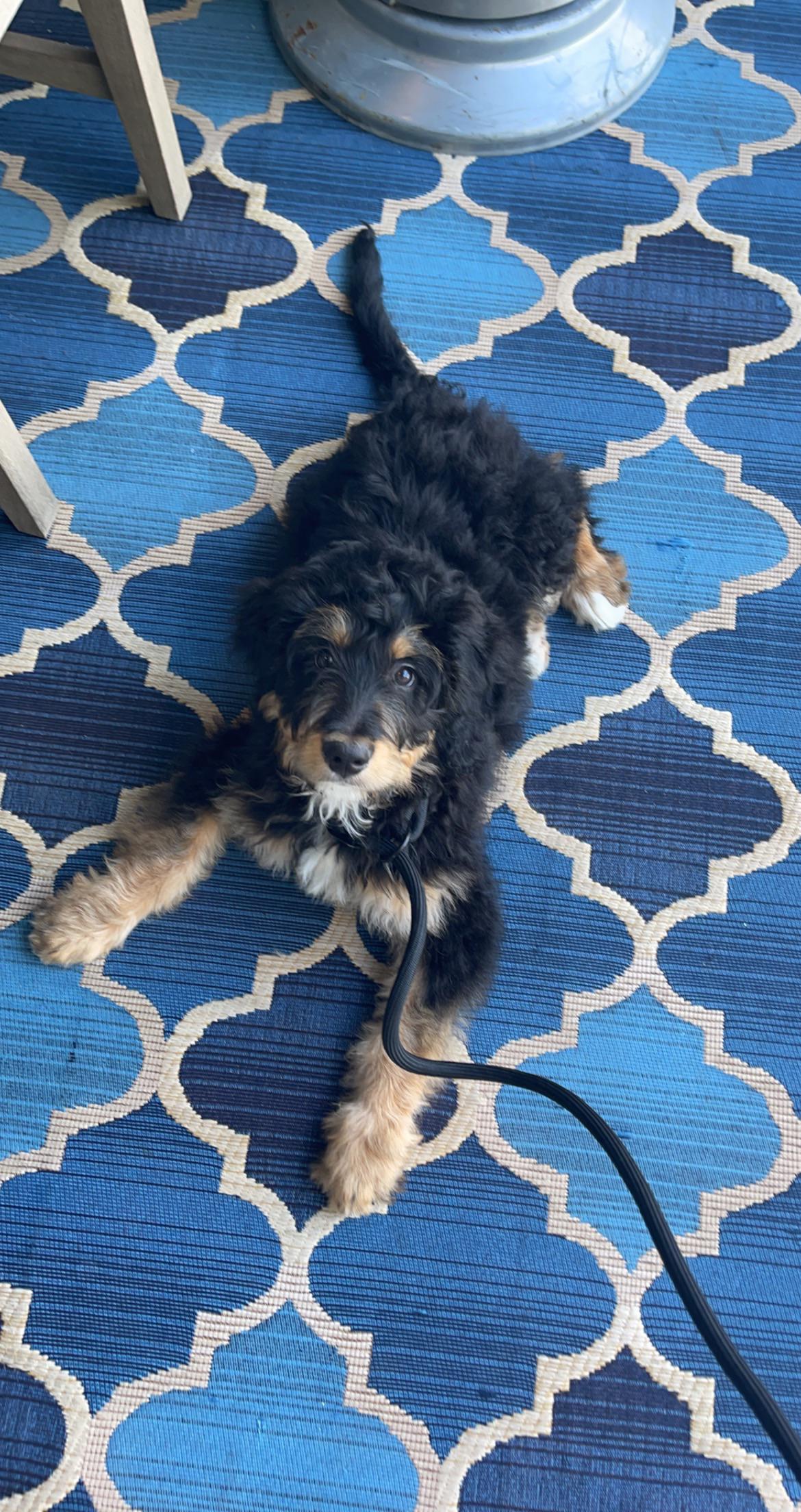
:max_bytes(150000):strip_icc()/how-to-heal-a-broken-bone-quickly-2549327-5bb7c3c5c9e77c0051574e48.png)
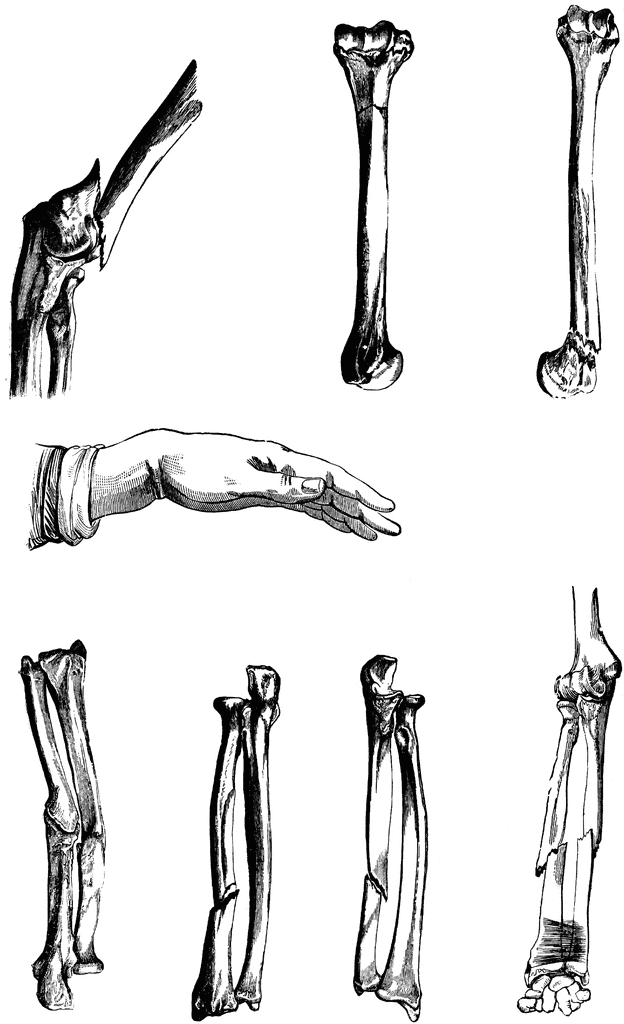



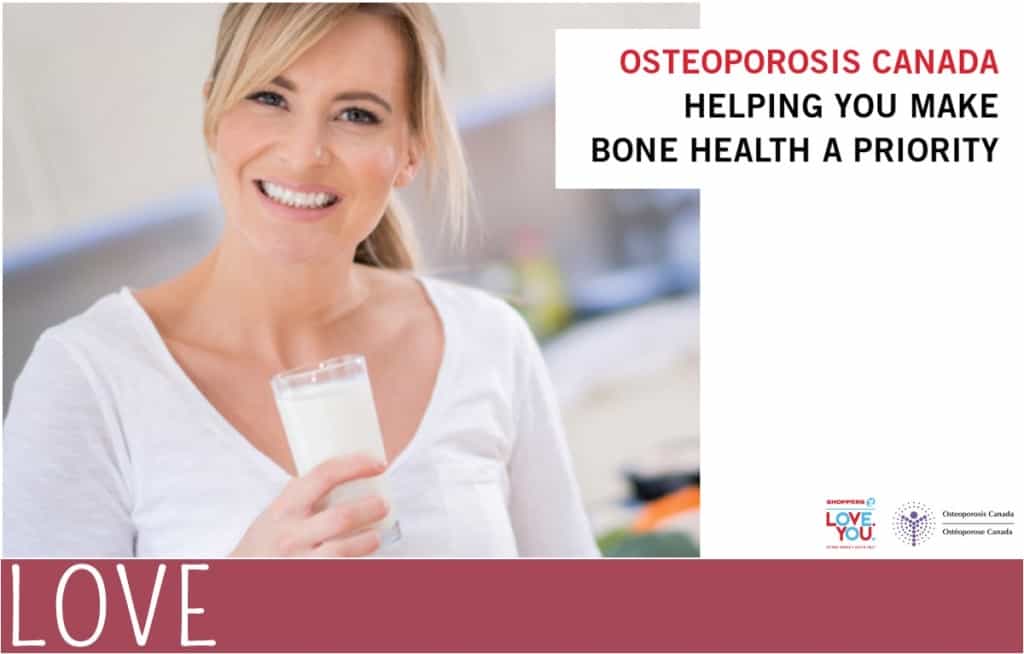
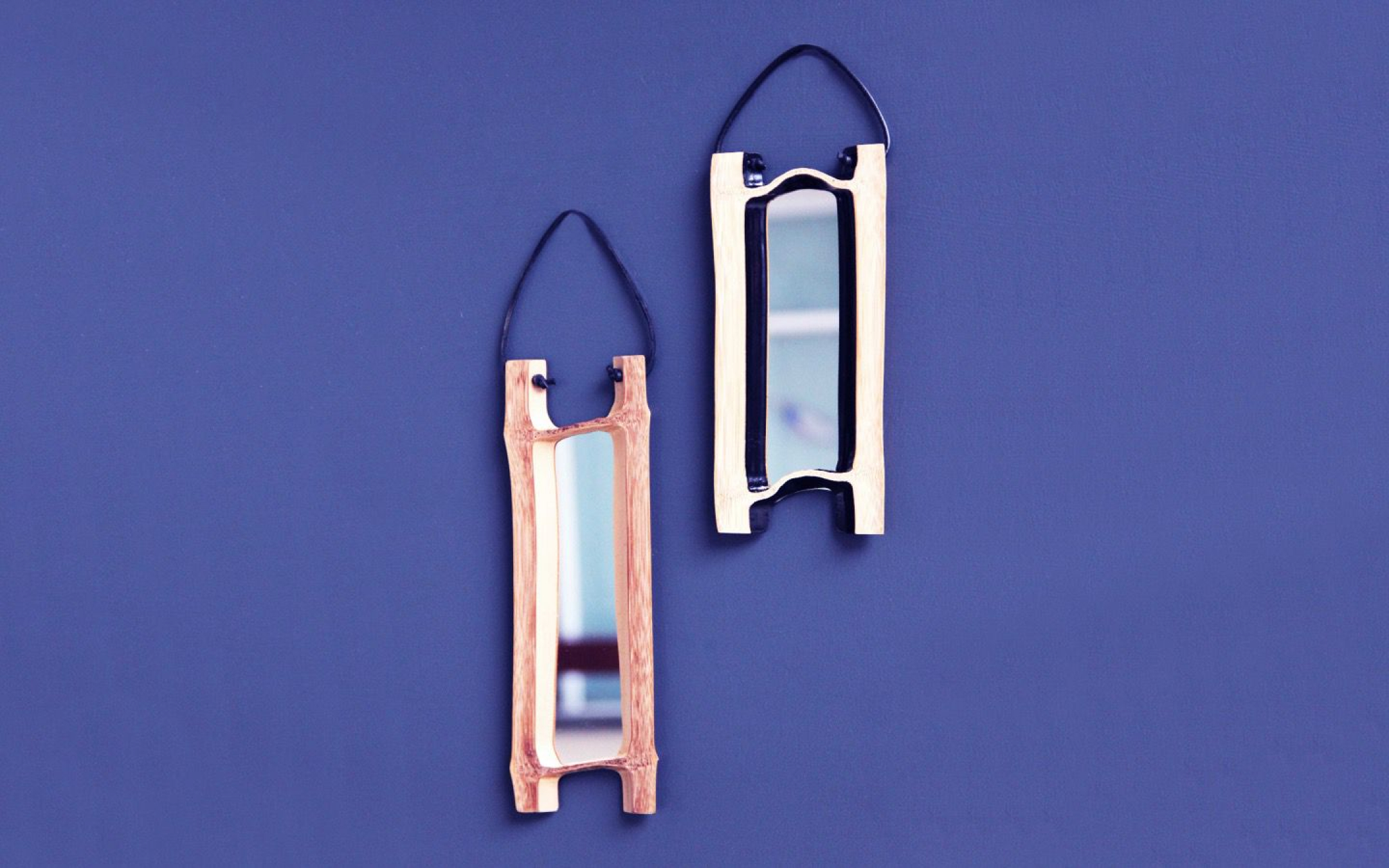
:max_bytes(150000):strip_icc()/popping-and-snapping-2549494_final3-3e9c4ee184804e02a0bcd3172cc44c18.jpg)
